Childhood vaccination in Romania
A measles epidemic has raised questions about the public vaccination system in Romania.

Valentin Țigău, 28.09.2016, 14:15
As more and more
cases of measles have been reported in Romania, healthcare experts warn that
compulsory immunisation schedules must be observed, saying vaccines save lives.
Over 600 cases of measles have been registered and three infants have died
since the beginning of the year, which prompted authorities to launch an
epidemic alert last week.
An immediate analysis
of the national defence measures against this disease has been requested in
this context. According to the reports initiated by the County Healthcare
Directorates, a large number of children have not received the vaccine. Civil
society was quick to respond, and the Ombudsman stepped in and asked the
Healthcare Ministry to explain why the bill on compulsory immunisation has been
stuck since April.
Family doctors
and healthcare officials blame parents who refuse to have vaccines given to
their kids, although in Romania this is not required by law. The line ministry
has announced a large-scale campaign would be launched to present the benefits
of the measles vaccine and to reduce the number of children who have not had
it. Here is dr. Gindrovel Dumitra, the coordinator of the vaccines task force
of the National Society of Family Medicine:
This is a
warning, coming not only from us, family doctors, but also from the
authorities, that certain infectious diseases, supposedly eliminated at
present, might resurface. For the time being, smallpox is the only disease that
has been eradicated, and polio has been eliminated. The World Health
Organisation had set 2015 as the deadline by which both measles and rubella
should have been eradicated in Europe, but as we can see, this has not
happened. And we fail to reach these targets because of elements that we cannot
foresee.
Romania has one
of the largest numbers of deaths among children under 5 in the European Union,
according to data released by UNICEF and the World Health Organisation. Experts
say vaccination is an efficient means to reduce child death rates. A
vaccination bill, which is currently under review by the authorities, might
regulate the field more strictly. For instance, all public and private providers
of immunisation services will have to register with the National Electronic
Vaccination Registry, which will provide the authorities with the centralised
and up-to-date information they need in order to draw up relevant national
strategies.






























